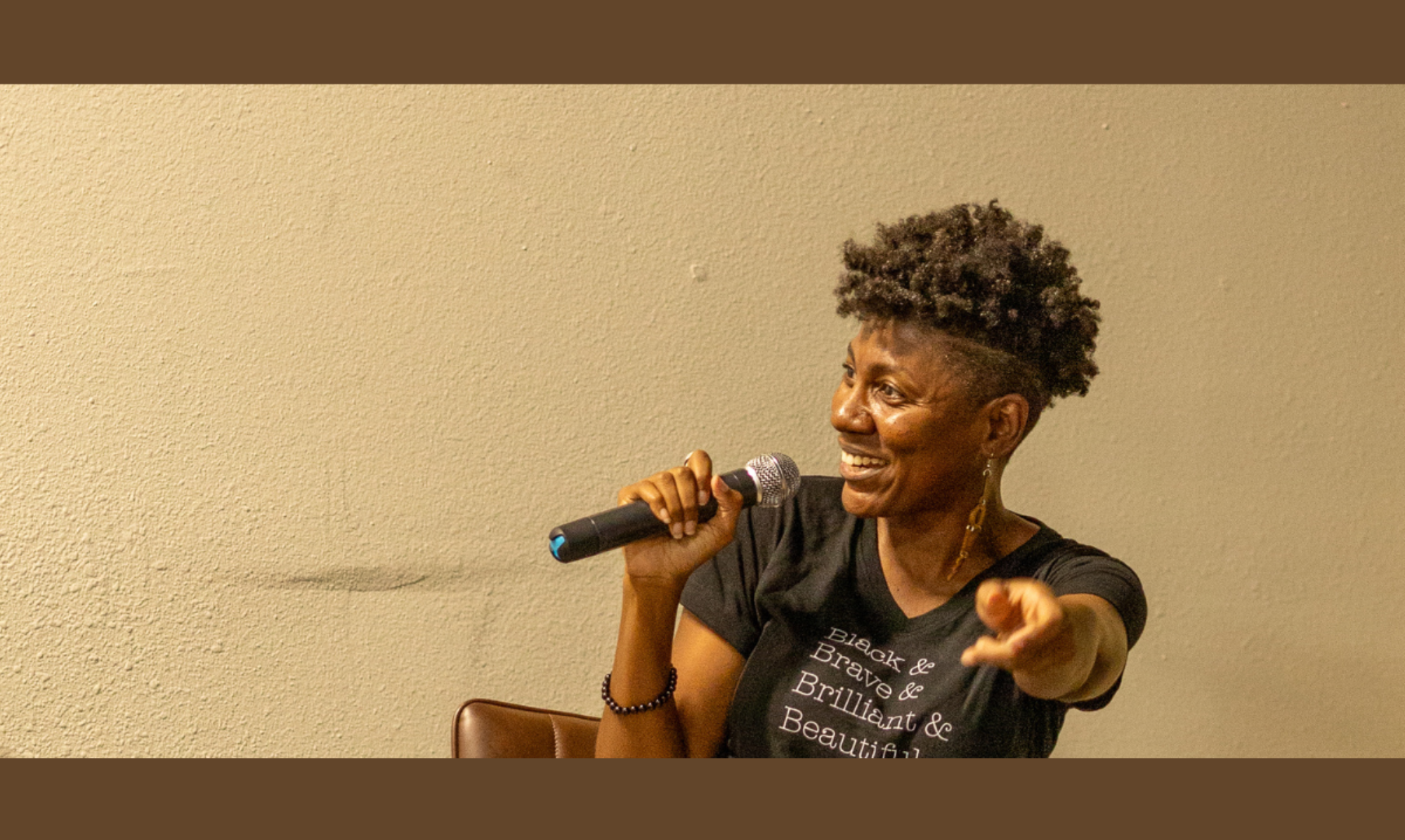Language is the most powerful invention in the history of humanity.
Language conditions our perceptions and understandings of the world. Language shapes our governments, particularly in written documents like constitutions, laws, policies, etc. Language is used to persuade others and influence actions and behaviors. And language is the primary means through which we conceive of ourselves and communicate that conception.
We need look no further than the dictionary definitions of “black” and “white” and how these words have influenced our attitudes and treatment of people who’ve been given those labels. We see the power of language in the contentions about calling ourselves black, not wanting to call ourselves black, calling other people black with the intent to insult them, and who exactly should/could be labeled as black.
Perhaps I’m overstating the importance of language, as a result of my bias as a writer and English Professor. But I honestly don’t believe I am. That’s why my writing tip this week is as follows.
Writing Tip: Learn to Love Language
I love language (and alliteration!). In fact, language is my love language (haha).
But seriously, this advice is not for people who merely want to be competent writers or merely want to write well enough to get by in school or fulfill the responsibilities of their job.
But if you’re drawn to writing for more intrinsic reasons, deepening your love of language will bring a professional polish to your work. When you love language for the sake of language (as opposed to a necessary means to an end), you relish in finding the precise words to articulate your ideas. You play with the pliability of sentence structure. Find joy in the rhythm and music of prose.
So how might one discover or grow a love for language? I suspect that some of it has to already be part of your nature. For example, I’m a Gemini, ruled by Mercury, the messenger god, the planet of communication. So I couldn’t suppress my love of language even if I wanted to. It’s in my DNA.
Others, though, have developed a love of language because they’ve had several positive, nurturing, affirming, enjoyable, funny, and/or entertaining experiences with it in the past. Fond memories of Uncle Lee’s comedic storytelling. A teacher’s voice reading If You Give a Mouse a Cookie. Reading Nikki Giovanni’s kidnap poem and connecting wordplay with Black love. Tupac (also a Gemini).
If you’re searching for the spark of inspiration that will help you see the magic of language, identify and reflect on those moments in your own life. Sit in the energy of such moments and lean into the yummy feelings they evoke. Rehearse the language. Absorb it on your tongue. Feel it’s texture in your throat. Feel the bulk and weight of it on your diaphragm and in your gut. Let it reverberate in your bones.
But language isn’t always pleasant. Recognizing and understanding the times when language does emotional or social damage is also important. That helps us recognize that language has consequences, which in turn might inspire us to wield it more responsibly. The Weekly Word is directly connected to this.
Weekly Word: Affirmation

An affirmation is a positive statement that confirms or supports an idea.
Affirmations are a necessary part of colorism healing. Many of us have lacked positive affirmation and have instead received insults, language meant to degrade and oppress us. Even if you have never been directly ridiculed as an individual, there is systemic and culture-wide derision of dark skin, coily hair, and broad features.
Affirmations have been a central component of my personal healing. Though some say affirmations did not work for them, there are still many people who find great value in them.
Tips for Using Affirmations:
Try all of these, and hopefully one will work for you or will inspire some other method that works.
- write them down (repeatedly)
- say them out loud (repeatedly)
- post them in highly visible places around your environment
- use them daily
- use them as needed
- carry some with you
- google lists of affirmations
- create general lists and lists for specific issues
- create your own original affirmations
- borrow quotes from books, speeches, etc.
- put them on t-shirts, jewelry, and other items and apparel
- create artwork out of them
- rehearse them first thing in the morning
- rehearse them before falling asleep
- record yourself saying them, then listen to yourself
- write poetry inspired by your affirmations
- make it your background or screensaver on devices
I hope that some of this is beneficial to you.
Sincerely,
Sarah

